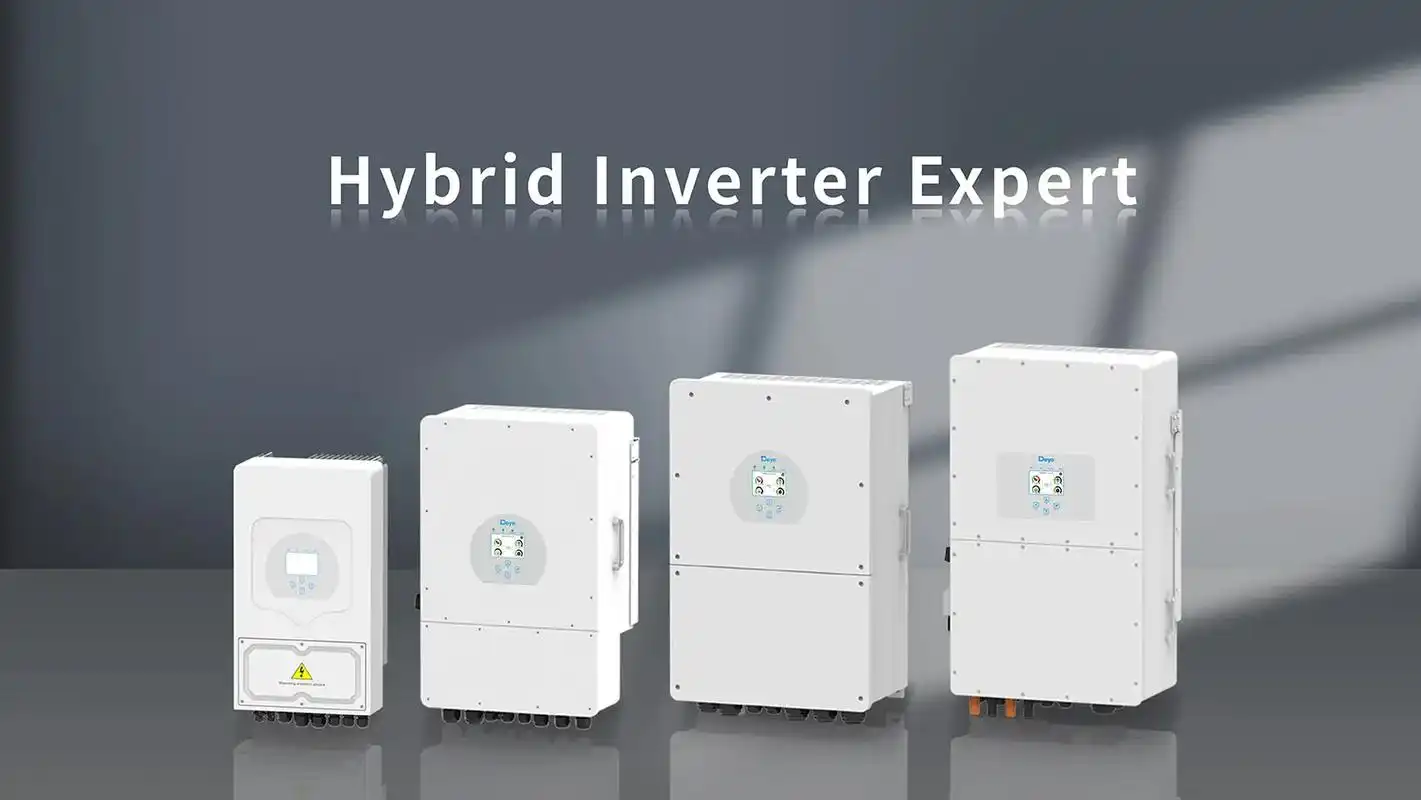Troubleshooting and Maintenance Guide for Single-Phase String Inverters

Maintaining and troubleshooting single-phase string hybrid inverters properly is key to ensuring their efficiency and durability. Below are some practical tips to help:
-
Conduct Regular Visual Inspections
- Inspect the inverter for physical damage, loose connections, or dirt accumulation.
- Ensure the inverter is clean and free from any obstructions.
-
Monitor Performance
- Use the inverter’s monitoring system to track energy production.
- Look out for unusual patterns or significant drops in energy output, which could signal an issue.
-
Check Indicator Lights
- Observe the inverter’s indicator lights for any faults or warnings.
- Refer to the manufacturer’s manual to interpret the meaning of these signals.
-
Inspect Wiring and Connections
- Check that all wiring and connections are secure, free from corrosion, and properly tightened.
- Address any loose or damaged connections immediately to prevent power loss or safety risks.
-
Clean Air Vents and Cooling Fans
- Dust and debris can obstruct air vents and cooling fans, reducing cooling efficiency.
- Regularly clean these components to ensure optimal performance.
-
Maintain Proper Ventilation
- Ensure the inverter is installed in a well-ventilated area for adequate air circulation.
- Overheating can negatively affect inverter performance, so proper ventilation is crucial.
-
Update Firmware
- Stay current with the manufacturer’s firmware updates.
- Follow their instructions for installation, as updates often include performance enhancements, bug fixes, and improved compatibility.
Important Reminders
- Always follow safety guidelines and disconnect the inverter from its power source before performing maintenance or troubleshooting.
- Refer to the manufacturer’s documentation for specific procedures and safety instructions.
By adhering to these tips, you can quickly identify and resolve potential issues, ensuring your single-phase string inverter operates reliably and efficiently.
Edit by paco


